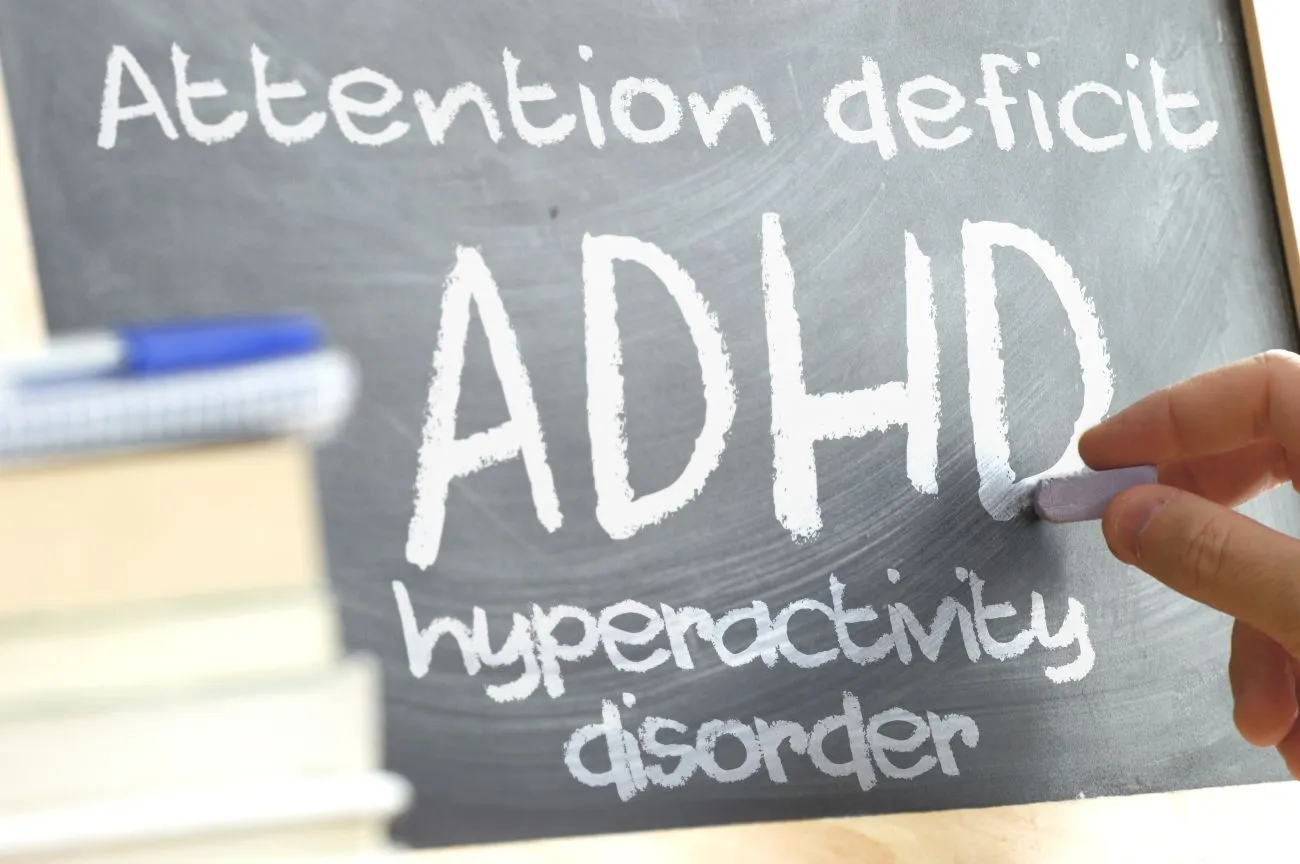Thanks to progress in the fields of medical science and technology, treatment of ADHD and other mental conditions are now more effective than ever before. If you or someone you know is suffering from ADHD, seeking immediate medical treatment is central to living a quality life.
What is ADHD?
ADHD is short for Attention Deficit Hyperactivity Disorder, which is a condition wherein the person suffers from inability to focus, impulsivity, and hyperactivity. While these symptoms are the baseline for diagnosis, they may differ from one person to the next. Both children and adults are at equal risk of developing ADHD, yet symptoms always start at an early age. For adults, the impact of ADHD can be more serious, disabling them from managing tasks in a timely manner and maintaining job positions.
What are the causes of ADHD?
Medical researchers and scientists remain uncertain of what triggers the development of ADHD in a person. Recent studies seem to suggest that genetics play a key role. However, as with other conditions, ADHD is likely to be formed by more than one factor. In addition to genetics, daily nutrition may also play a notable part. Food additives and refined sugars have suspected links with ADHD, so be sure to limit your intake of food with additives and sugars. Environmental factors including cigarette smoking and alcohol abuse have also been shown to increase the risk of developing ADHD.
What are the signs and symptoms of ADHD?
As the medical name for it implies, ADHD is characterized by inattention, hyperactivity, and impulsivity. However, due to different risk factors including genetics and environmental conditions, the symptoms a person exhibits may be partially or completely different. In addition to the three key behavioral red flags, ADHD sufferers may also daydream frequently, thus resulting in reduced performance and productivity, move slowly and with noticeable difficulty, and fail to follow even the simplest instructions. Each key symptom — inattention, hyperactivity, impulsivity — has a subset of symptoms that are used by medical professionals to diagnose and treat patients.
Who is at risk?
Children are the most common sufferers of ADHD, with the average age of onset starting at 7 years old. If left untreated, it can continue through adolescence and into adulthood. Studies indicate that around 4.1 percent of adults in the U.S. suffer from ADHD every year. Meanwhile, 9 percent of children in the U.S. aged 13 to 18 years old are reported to suffer from ADHD. Each year, the number of ADHD patients continues to increase without any clear reason as to why this is occurring.
What treatment options are available for ADHD?
Medication is the most common treatment option for ADHD patients. A stimulant is administered to the patient, which triggers a calming effect. Other medications are non-stimulant and tend to work differently. Most stimulant and non-stimulant medication are designed to lower hyperactivity and impulsivity while simultaneously improving focus and physical coordination. Not all ADHD drugs are safe for treatment consumption in adults or children, hence the need for a green light from your physician.
